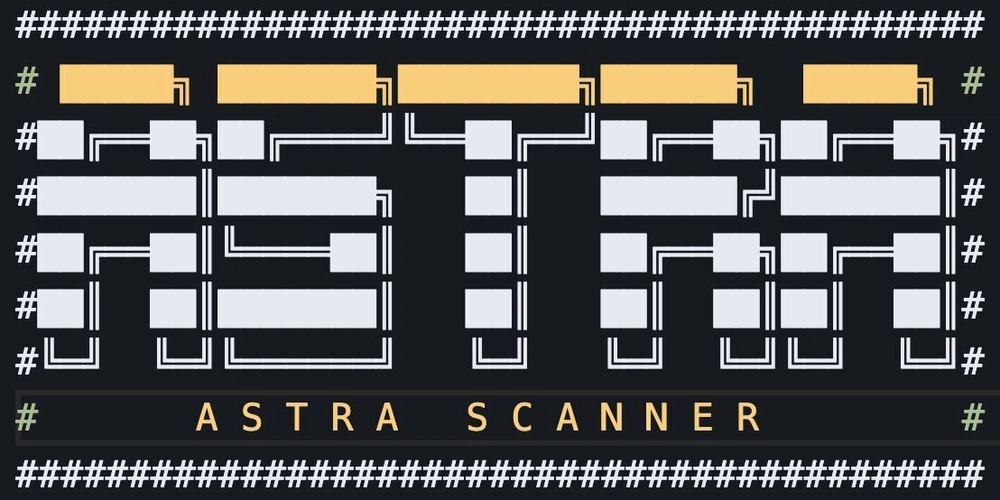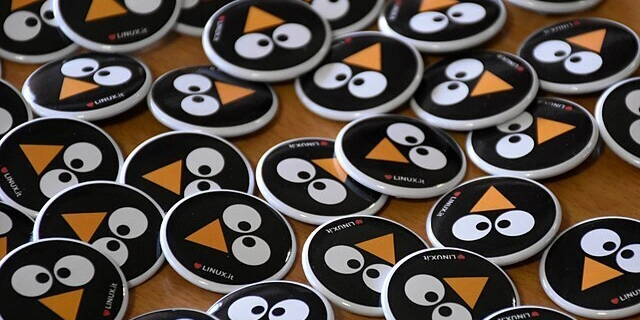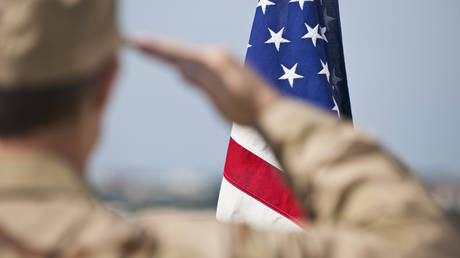Haiti on the edge of collapse: The US must respond now or it will be too late
Haiti needs a full U.N. mission, authorized by the Security Council, that can restore basic security and support Haitian efforts to protect the population, deliver humanitarian aid and progressively rebuild political institutions.

Only 10 percent of Haiti’s capital, Port-au-Prince, remains under the control of the Haitian government. And even this last stronghold is now on the verge of collapse, putting the entire population at risk.
A religious worker there told me about corpses in the streets, decomposing in broad daylight; women and girls are raped in plain view and children are digging through trash for food. “The smell of burned bodies is unbearable,” he said. “It’s completely devastating.”
Over the past few months, criminal groups have conducted attacks — including killings and sexual violence — in areas previously considered safe, as they seek full control of the capital.
They have also committed atrocities to tighten their grip on the population in regions already under their control. Thousands have fled with little more than the clothes on their backs.
In my visits to Haiti in recent years, I have documented rape, child recruitment and killings by criminal groups. The violence is growing by the day and is likely to get even worse if criminal groups take full control of Port-au-Prince.
Police officers have told me they lack the capacity to respond. Residents have organized their own “security brigades” and have committed crimes to fend off attacks against their communities. Meanwhile, opposition political leaders and criminal groups have organized massive, often violent protests aimed at ousting the transitional government established in 2024 with support from the U.S. and the Caribbean Community.
The Multinational Security Support Mission backed by the United Nations and sent to help stabilize Haiti in 2024 has been chronically underfunded. It only numbers around 1,000 of the promised 2,500 personnel. It needs $600 million to ensure its operations until June. With limited resources, the mission cannot challenge the territorial control of criminal groups, which killed more than 5,000 people last year, and raped thousands of women and girls.
U.N. Security Council members, including the U.S., need to stop dragging their feet. They should immediately fund and staff the current international mission, ensuring it has more resources to stabilize Haiti. They should promptly adopt the steps that Secretary General António Guterres has recommended to bolster the Multinational Security forces.
Yet even if it ever reaches full deployment, it is doubtful those forces are up to the task. Secretary of State Marco Rubio publicly said as much in February.
Haiti needs a full U.N. mission, authorized by the Security Council, that can restore basic security and support Haitian efforts to protect the population, deliver humanitarian aid and progressively rebuild political institutions. The transitional government has called for the Security Council to urgently consider “proposals for a significant strengthening of international support for the restoration of security in Haiti.”
Since President Trump took office in January, the U.S. has taken little if any meaningful action to improve Haitians’ security. Although Europe has increased its support for Haiti, these efforts have also fallen short. Diplomats in Europe told me that American inaction at the Security Council has undermined the international response.
The U.S. government excuses its failure to act by anticipating that Russia and China would veto a resolution creating a U.N. mission. But Russia and China may change their position if Guterres supports it, and if the U.S. puts its weight and diplomacy behind the proposal — something the Trump administration has not done.
Some American policymakers appear focused on addressing the Haitian crisis by seeking to prevent Haitians from fleeing human rights abuses, interdicting them at sea, blocking them from accessing asylum in the U.S., terminating humanitarian parole and refugee resettlement and moving up the date to end temporary protection for Haitians now in the U.S. This approach is legally problematic, morally bankrupt and ultimately self-defeating. It ignores the plight of people suffering unspeakable pain at the hands of criminal groups.
It also fails to recognize that having a country largely controlled by criminal groups only 700 miles away from American shores will inevitably affect U.S. interests and make these groups even harder to dismantle over time. If the criminal groups consolidate power, both Haiti and the region risk becoming an even greater trafficking hub for drugs, weapons and people. This will cause more people to flee, but the Trump administration’s dismantling of safe pathways means asylum seekers will be forced into ever more dangerous journeys.
The U.S. also bears a responsibility to curb the flow of the weapons fueling Haiti’s violence. Most of the guns used by criminal groups are made in America and smuggled through Florida, where most outgoing packages are never run through an X-ray machine. Strengthening inspections would be a critical step to cutting off weapon supplies.
“Haitians are losing hope; they feel the international community has abandoned them to their own fate,” an international humanitarian worker told me. “Many victims, including children, who come looking for food, ask me, ‘Why is this happening to us? What did we do wrong? Why has the world forgotten us?”
Without American support to bolster the international response, Port-au-Prince’s collapse may be inevitable. The window for an effective international response is rapidly closing — the time for decisive action is now.
Nathalye Cotrino is a senior Americas researcher at Human Rights Watch.


















































































